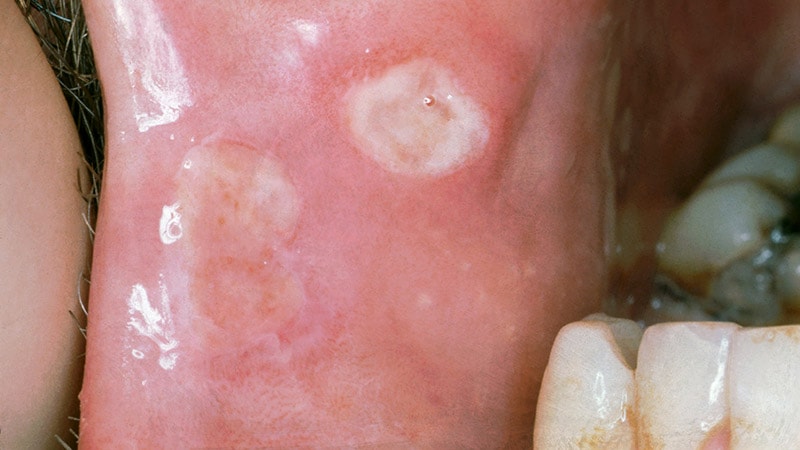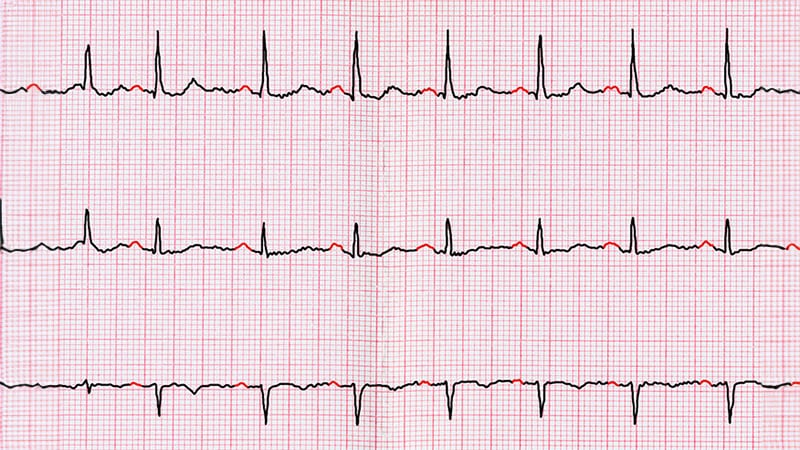Takeaway
- A healthier lifestyle may be able to attenuate elevated genetic risk for dementia in older adults.
Why this matters
- Lack of interventions to prevent, treat dementia, coupled with aging of the population.
Key results
- Dementia incidence was higher among older adults with high vs low genetic risk (1.23% vs 0.63%; adjusted HR, 1.91; P<.001).
- Incidence roughly tripled with high genetic risk+unfavourable lifestyle vs low genetic risk+favourable lifestyle (1.78% vs 0.56%; HR, 2.83; P<.001).
- No interaction between genetic risk, lifestyle factors (P=.99).
- Among older adults with high genetic risk, dementia incidence lower with:
- Favourable vs unfavourable lifestyle (1.13% vs 1.78%; HR, 0.68; P=.008).
- Intermediate vs unfavourable lifestyle (1.18% vs 1.78%; HR, 0.71; P=.03).
Study design
- Retrospective cohort study: 196,383 adults of European ancestry aged 60-73 years without cognitive impairment, dementia (UK Biobank study).
- Polygenic dementia risk score: low (lowest quintile), intermediate (quintiles 2-4), high (highest quintile).
- Weighted healthy lifestyle score: favorable, intermediate, unfavourable (based on no current smoking, regular physical activity, healthy diet, moderate alcohol consumption).
- Main outcome: all-cause dementia during median 8.0-year follow-up.
- Funding: UK Biobank resource.
Limitations
- Lifestyle left up to participants.
- Unmeasured, residual confounding.
- Some dementia cases potentially missed.
- Unknown generalisability.
References
References



